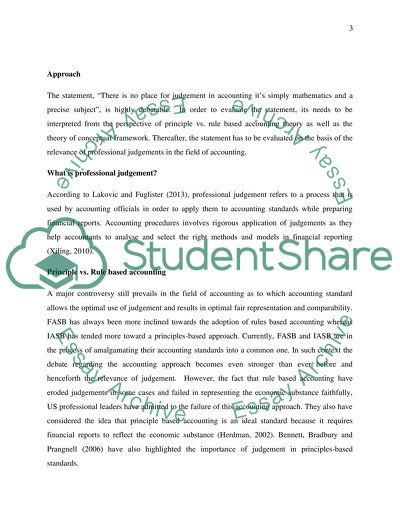Cite this document
(“There is no place for judgement in accounting it's simply mathematics Essay”, n.d.)
Retrieved from https://studentshare.org/finance-accounting/1491368-ypthere-is-no-place-for-judgement-in-accounting
Retrieved from https://studentshare.org/finance-accounting/1491368-ypthere-is-no-place-for-judgement-in-accounting
(There Is No Place for Judgement in Accounting it'S Simply Mathematics Essay)
https://studentshare.org/finance-accounting/1491368-ypthere-is-no-place-for-judgement-in-accounting.
https://studentshare.org/finance-accounting/1491368-ypthere-is-no-place-for-judgement-in-accounting.
“There Is No Place for Judgement in Accounting it'S Simply Mathematics Essay”, n.d. https://studentshare.org/finance-accounting/1491368-ypthere-is-no-place-for-judgement-in-accounting.


